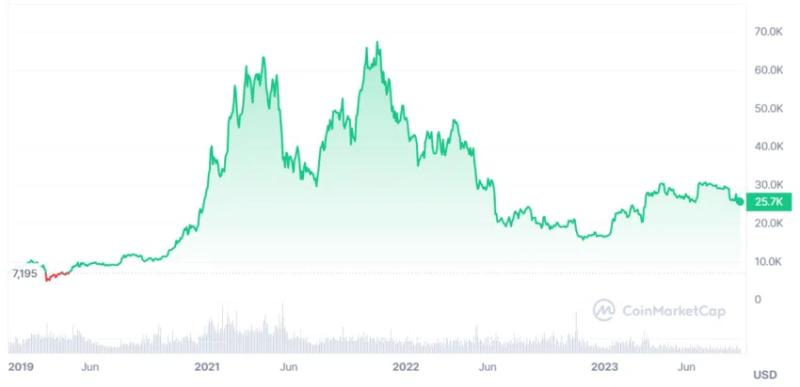
After indicating support last year, the Financial Accounting Standards Board (FASB) has taken the next step toward codifying a requirement that companies report their cryptocurrency assets at their fair value. An approach designed to reflect the assets’ most up-to-date worth.
Crypto Accounting to Judge Assets at “Fair Value”
Previously, the prevailing model reflected only decreases in asset value, not increases, until the asset’s sale. The update aims to measure crypto assets at fair value, capturing both rises and falls in value. In doing so, the FASB believes it provides a more accurate picture of an entity’s financial position.
The amendment would also require detailed disclosures about the types and changes in crypto asset holdings. The aim here is to reduce complexity and better align with the needs of investors.
Learn more about how crypto taxes work in the United States: The Ultimate US Crypto Tax Guide for 2023
Companies will need to implement these fair value rules in fiscal years beginning after December 15, 2024. Those following the calendar year will adopt them in 2025. Although, companies can apply the rules immediately.

Before the update, accounting rules only reflected crypto’s decrease in value (pictured: current BTC price). Source: CoinMarketCap.
The FASB had previously turned down three requests since 2017 to establish cryptocurrency-specific rules. The board changed its stance as major corporations like Tesla and MicroStrategy began investing in Bitcoin.
New Rules Will Not Include NFTs and Stablecoins
The new guidelines will specifically address blockchain-based assets that meet certain criteria for fungibility and cryptography. However, they will not include non-fungible tokens and stablecoins.
While some entities, including the Big Four accounting firms, advocated for the inclusion of wrapped tokens that facilitate cross-blockchain swaps, FASB members decided to wait for more market data before broadening the scope of the rules.
The proposals were first submitted on March 23, 2023. According to the proposal document, in response to stakeholder feedback, the accounting for crypto assets “should be a top priority for the Board.”
The FASB launched in 1973 as an independent body responsible for setting accounting standards in the United States.
On the crypto front and fair value, the FASB is in front of the global accounting body, the International Accounting Standards Board (IASB). On July 11, Korea’s Financial Services Commission (FSC) issued its own cryptocurrency accounting guidelines. However, it chose to favor the International Accounting Standards Board (IASB) norms.
Last September, the IASB’s chair warned against issuing crypto accounting guidance that conflicted with local regulators.

